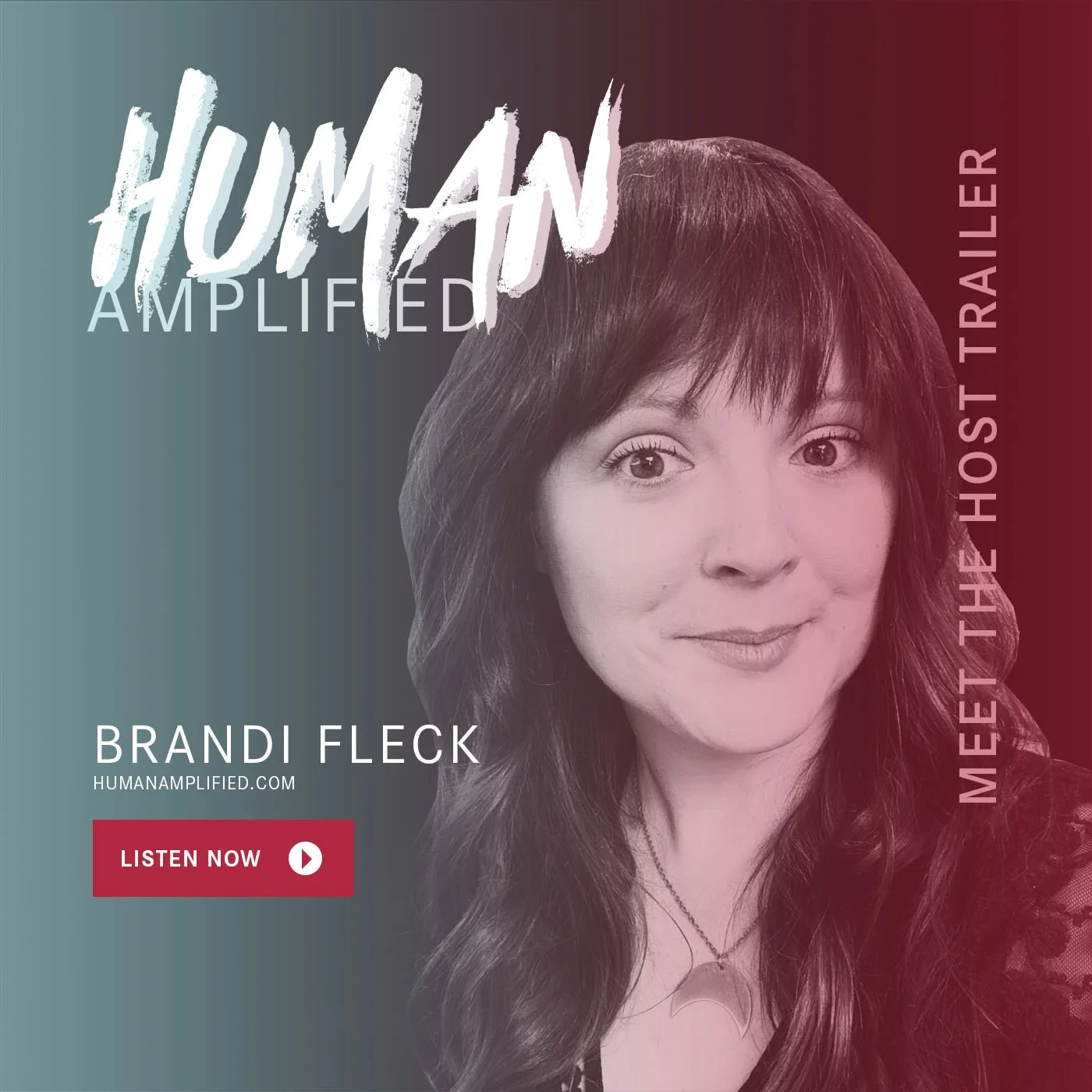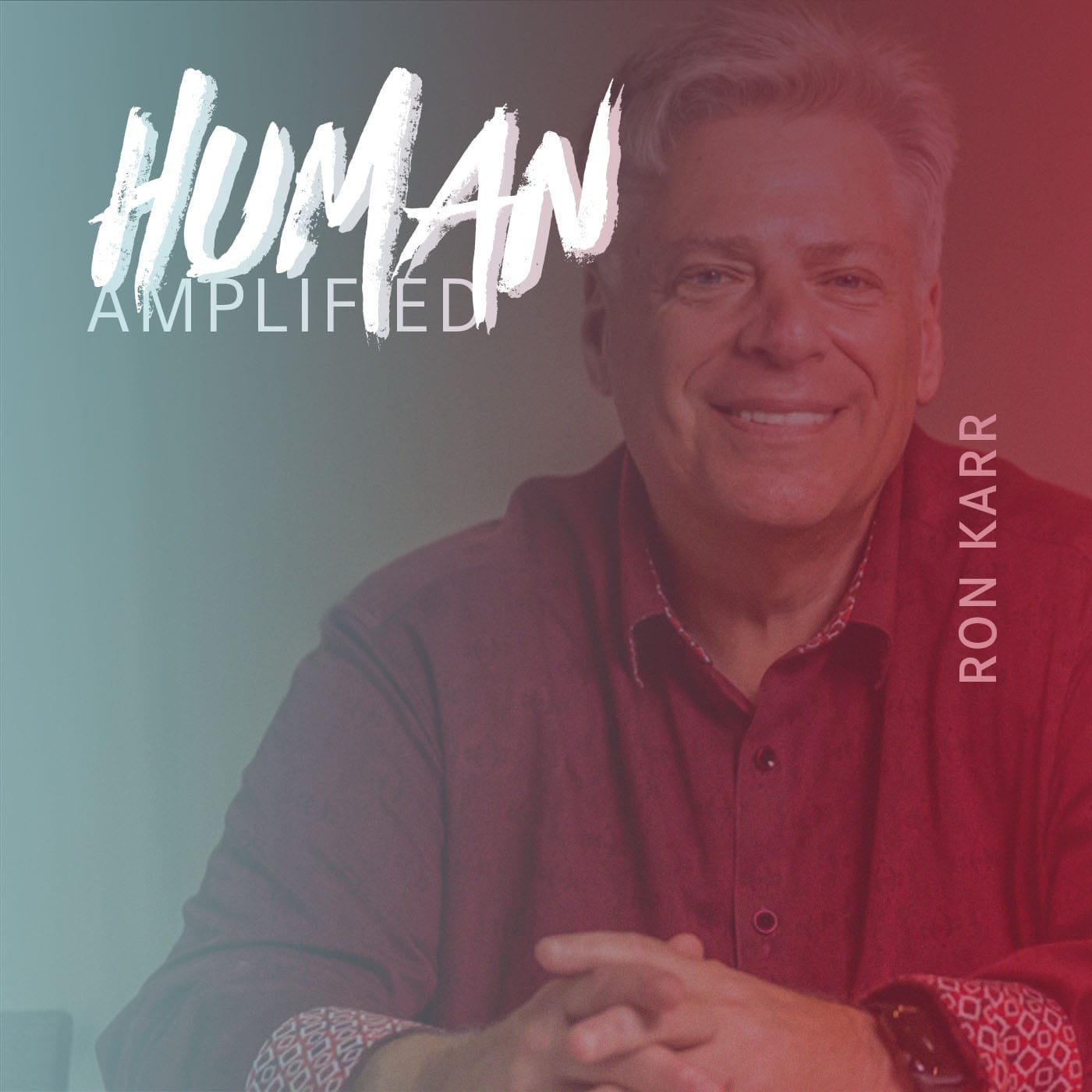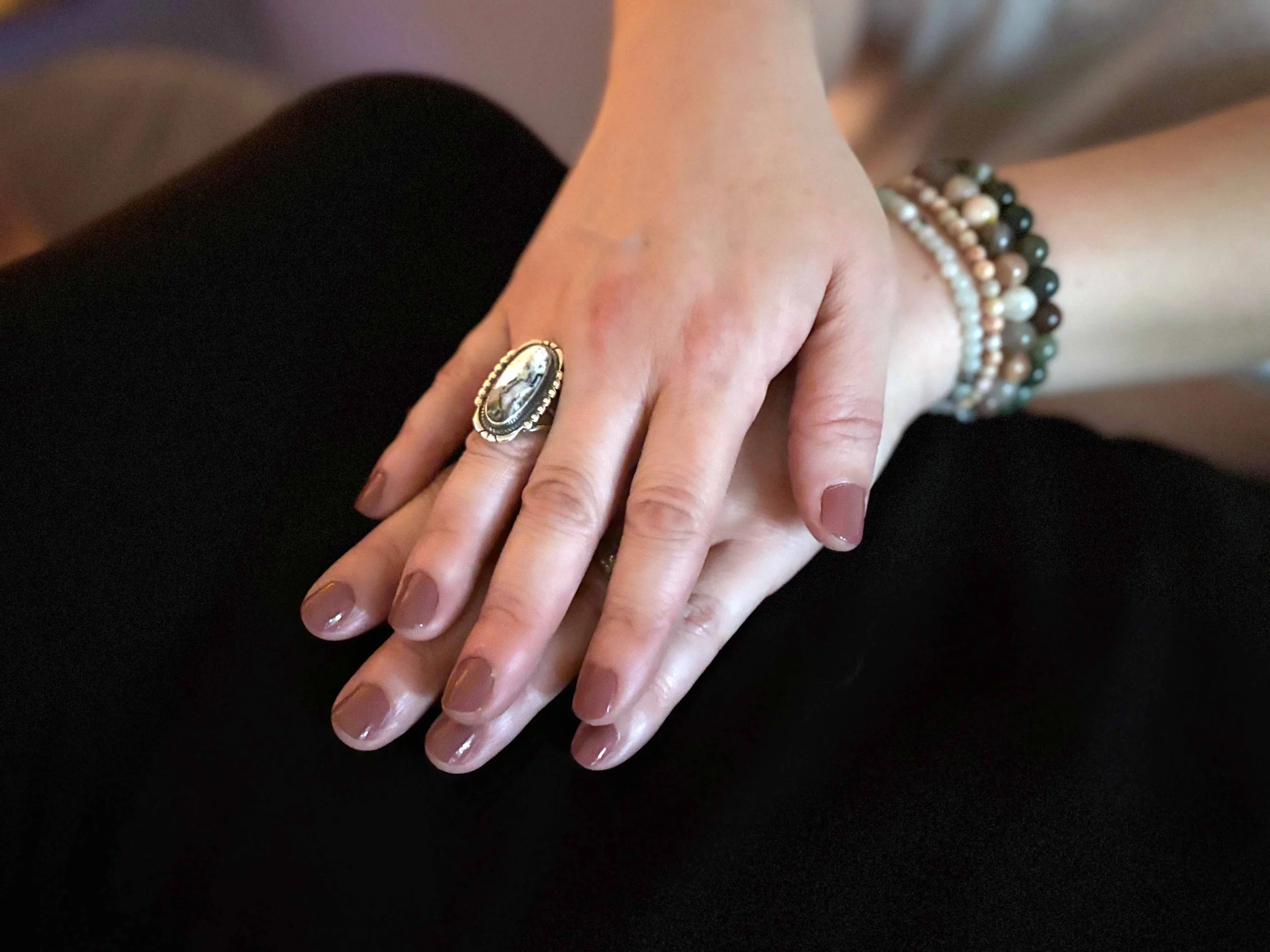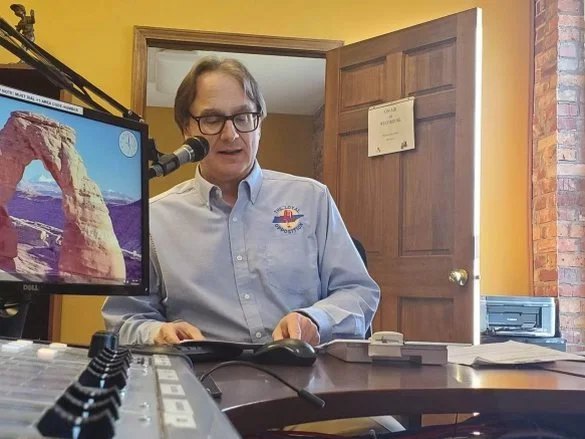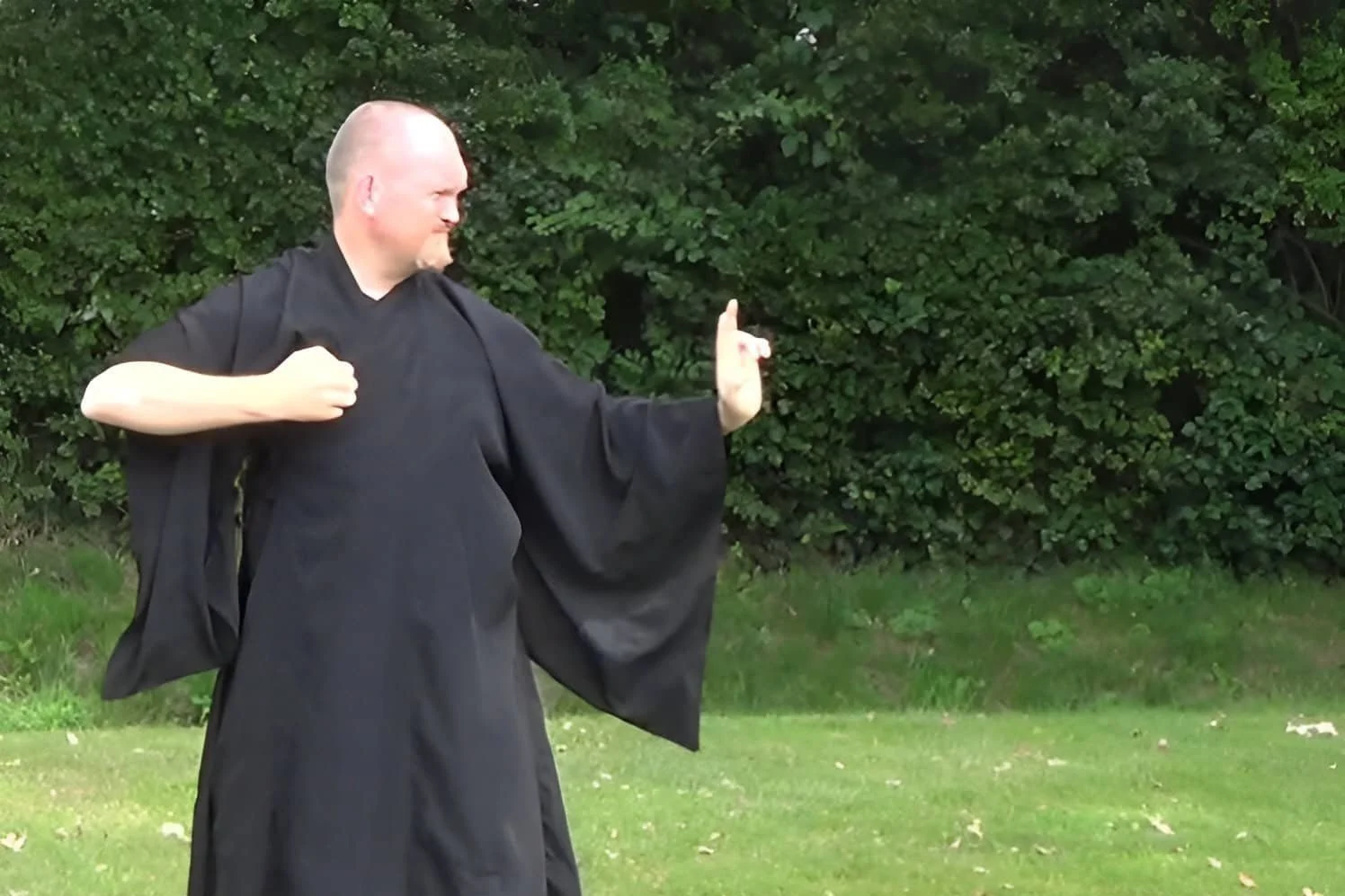EPISODE 096 | Abusive Marriage: Life Before, During, and After
Watch Shonda Pence's interview on Human Amplified with Brandi Fleck.
Listen to Shonda Pence’s Story of Escaping Domestic Violence
National Domestic Violence Hotline
If you or someone you know is experiencing domestic violence and it’s safe to do so, you can call the National Domestic Violence Hotline at 1-800-799-7233. Or you can text START to 88788.
About Shonda Pence’s Episode
This week on the show, we’re welcoming guest Shonda Pence. She’s a social worker, educator, devoted human advocate, and founder of the sober living program in Charleston, WV called Mending Fences.
Today though, we’re focusing on her personal experience of surviving and thriving after domestic violence, also known as intimate partner violence and domestic abuse.
I’ve known Shonda and pieces of her story for a while now and asked her to come on the podcast all the way back in season 1. She didn’t feel comfortable then, and that was absolutely okay. I bring this up because here we are in season 4, and Shonda reached out to say she was ready. So, it is an absolute honor to have her on the show and just goes to show that healing can happen after an abusive marriage or any trauma you’ve been through.
There is light at the other end of this tunnel.
Eventually, you’ll be able to talk about it. And when you do, it’ll help other people as it continues to help you.
So, listen on to hear Shonda bravely explain why it used to be hard to tell her story, why it’s important to speak out now, and what her life is like now in a healthy and loving marriage.
We then dive into how she even got into an abusive marriage in the first place and what it was like living in it. Shonda describes actual examples of physical and emotional abuse she endured and the complicated dynamics of trying to get help in a small town, the isolation she experienced, and how she finally got out.
We go into the emotions she experienced once the abusive relationship was over, ranging from peace to grief, which is important to to know is normal. And we explore how long it has taken her to recover.
We wrap up by talking about what we, as a society, should be asking instead of “why didn’t you leave?”
Oftentimes, close friends and family don’t realize what’s going on in these types of intimate partner abuse situations. If you suspect someone you love is going through a similar experience, this episode can help you recognize some of the signs and understand why your loved one may feel unsafe to talk or leave. If you are in the situation yourself, our hope is this will help you safely choose yourself when you can, whether that’s before, during, or after being abused.
TRIGGER WARNING: We discuss intimate partner abuse in detail, including gun violence and other specific instances of domestic violence. Listener discretion is advised.
Highlights from Shonda Pence’s Interview
Getting to know Shonda
Why it used to be hard for Shonda to speak out and tell her story
The societal judgement and stigma that discourages victims to speak out
Why it’s still important to speak out against domestic violence
Why it’s gotten easier for Shonda to tell her story
What life and marriage is like for Shonda today
What it means to choose yourself
How Shonda chooses herself
Shonda describes her current healthy marriage
How Shonda’s view of romantic love has evolved throughout her life based on her experiences
Defining a toxic relationship
Shonda details her intimate partner abuse experience
Red flags in the beginning, in hindsight, including jealousy
Physical abuse
When something changed between dating and marriage
Fear for life
Use of a loaded gun daily to intimidate and death threats
Did the police take the calls for help seriously?
How abuse ends up covered up in small towns
Moving regularly to cover up abuse - the isolation
People starting to notice signs of abuse
After abusive events, going back into the honeymoon phase (being stuck in the classic cycle of abuse)
How the divorce came about, which involved the kids
What leaving an abusive marriage was like and when the abuse finally fizzled out
Becoming numb to abuse
Looking at how codependency developed
The emotions that came after the abusive relationship was over
Shock
Independence
Peace
Uncertainty
Fear
Grief
Free
Relief
Disbelief
How Shonda was able to get a full-time job when the relationship was over despite the isolation. She details what she did during the relationship that set her up to be able to support herself.
The stress that came from going from a housewife to a provider.
How long it took Shonda to stop fearing the abuser showing up.
Shonda details her healing process
Therapy
Relying on support system of friends and family
Opening up more to mom
Quality time with kids
Adding more positive things to life over time
The lasting impacts
Nightmares
Startled easily
PTSD diagnosis
Physical health consequences
How Shonda ensured she didn’t get into another abusive relationship
How Mending Fences came about.
Mending Fences is Shonda’s sober living program for women.
The big question to ask instead of “why didn’t you leave.”
The reasons people stay in abusive relationships.
About Shonda Pence
The career of Shonda Pence is embodied by a single word: empowerment. Armed with a degree in social and behavioral science, she has supported others’ growth as an educator for 17 years, a social services worker for 14 years, and now as an entrepreneur and co-founder of Mending Fences, LLC.
In 2019, Shonda founded Mending Fences in the spirit of advocacy for women in substance recovery. She found she had created her dream position, one in which she could inspire others, teach, and manage cases in a single setting. Shonda’s residents’ benefit from her “tough but fair” approach and community connections, which she leverages to support her residents in finding employment and quality treatment.
Shonda’s lived experience informs her work. It is through overcoming her obstacles that she gained perspective on the necessary ingredients for personal transformation and radical change. She is a staunch advocate for survivors of intimate partner violence, individuals in substance recovery, and those struggling with housing and resource uncertainty. During challenging times, Shonda connects to the idea of common humanity to foster connection, as an imperfect yet willing collaborator at consequential turning points in her residents’ lives.
Shonda values connection in her work and personal life. She enjoys spending time with her family and lives in Dunbar, West Virginia, with her husband, Gary, and two tabby cats, Emmy, and Oscar. Her interests are varied, and you can often find Shonda reading non-fiction, traveling, writing, and attending live music events when she is not rooting for her favorite sports teams: the Cincinnati Bengals and Reds.
Reach out to mending fences
Updated June 2024: Mending Fences is no longer in service.
You Might Also Like
Pin Shonda’s Healing from Abuse Quotes
CREDITS: INTRO AND OUTRO MUSIC AND EPISODE EDITING BY RYAN SAULS. EPISODE PRODUCTION AND GRAPHICS BY BRANDI FLECK. SOUND EFFECTS FROM ZAPSPLAT.COM. MID-EPISODE MUSIC IS “LITURGY OF THE STREET” BY SHANE IVERS AT SILVERMAN SOUND STUDIOS. BIO AND PHOTOS PROVIDED BY SHONDA PENCE.
About the Host
Brandi Fleck is a storyteller. She’s a writer, artist, and a recognized communications and interviewing expert. She is also an avid student of human nature who’s overcome past trauma and is founder of Human Amplified where she helps you embrace being your true self so you can expand more fully into your own humanity without the fear of being seen and heard. Brandi hosts the top-rated Human Amplified podcast (formerly the On Being Human podcast.) READ MORE






